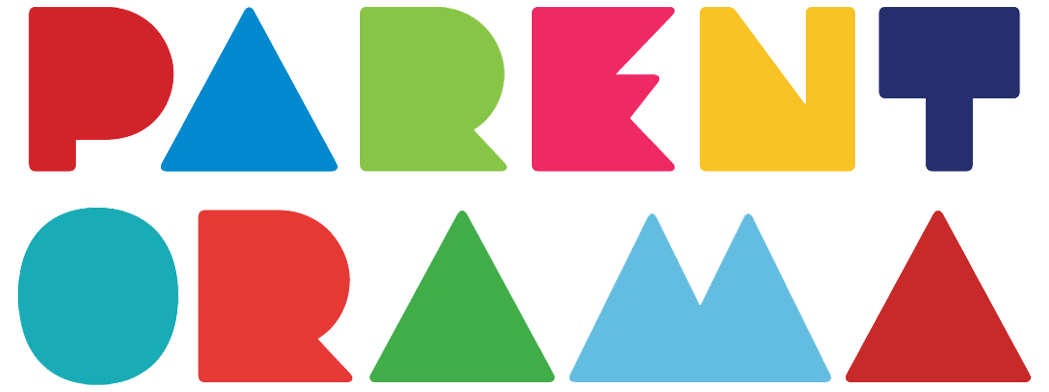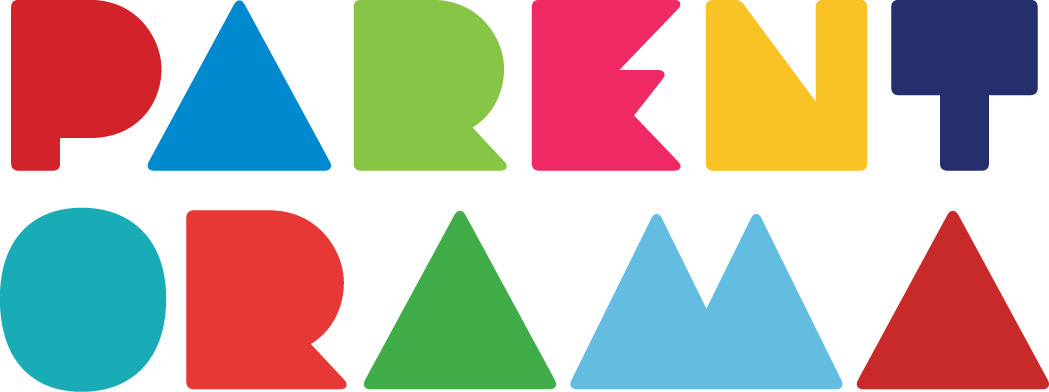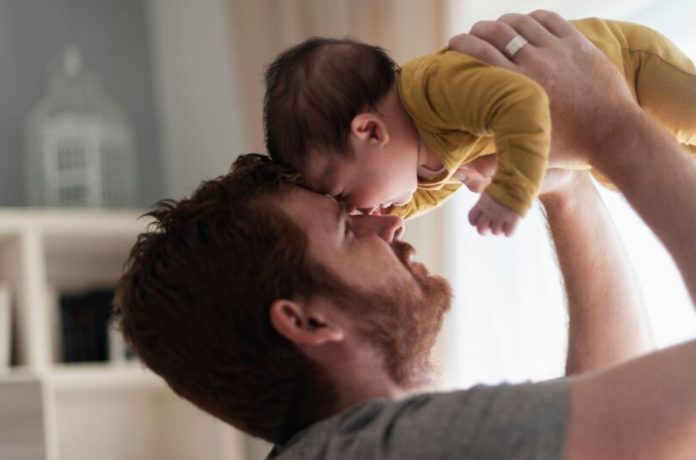The evolution of the father’s role in the modern family reflects the dynamic changes in society and the perception of family structure. Transformations in lifestyle, work routines, and societal expectations have led to a redefinition of the father’s role.
The Father’s Contribution to Child Rearing
Unlike the traditional role where the father was often distant from the daily care of children, modern fathers actively engage in the upbringing and education of their children. The contemporary father is more present in the everyday life of his children, contributing to their development with emotional and intellectual support.
The Social Awareness of the Modern Father
The modern father’s role extends beyond the family unit. Besides caring for his children, he also demonstrates social awareness and gets involved in initiatives that benefit the community and society at large. Fathers today take part in actions to improve the environment, support charitable organizations, and promote social justice.
Balancing Work and Family Life
A critical aspect of the father’s new role is balancing work and family. Many modern fathers seek flexible work solutions and actively participate in household duties. The notion that family well-being depends on mutual support among its members highlights the need for collaboration and shared responsibility.
Fathers’ Contribution to Understanding Gender
Fathers also contribute to raising a new generation that understands the importance of gender equality. Through their example, children develop respect and understanding for different gender expressions.
In summary, the role of the father in the modern family is multifaceted and multidimensional. His active presence and involvement in both the children’s lives and the community reflect the evolution of family structure and the progressive role that today’s father plays.



